It is here. In Oakland, California, the long-awaited lawsuit Epic Games vs. Apple. It all started with the opening speeches of the lawyers of both sides. The first brandishes anti-competitive behavior and monopoly, the second in turn security, privacy, reliability and quality. This is sure to be an uphill battle, because it's all about money. More precisely, a huge pile of money.
It could be interest you
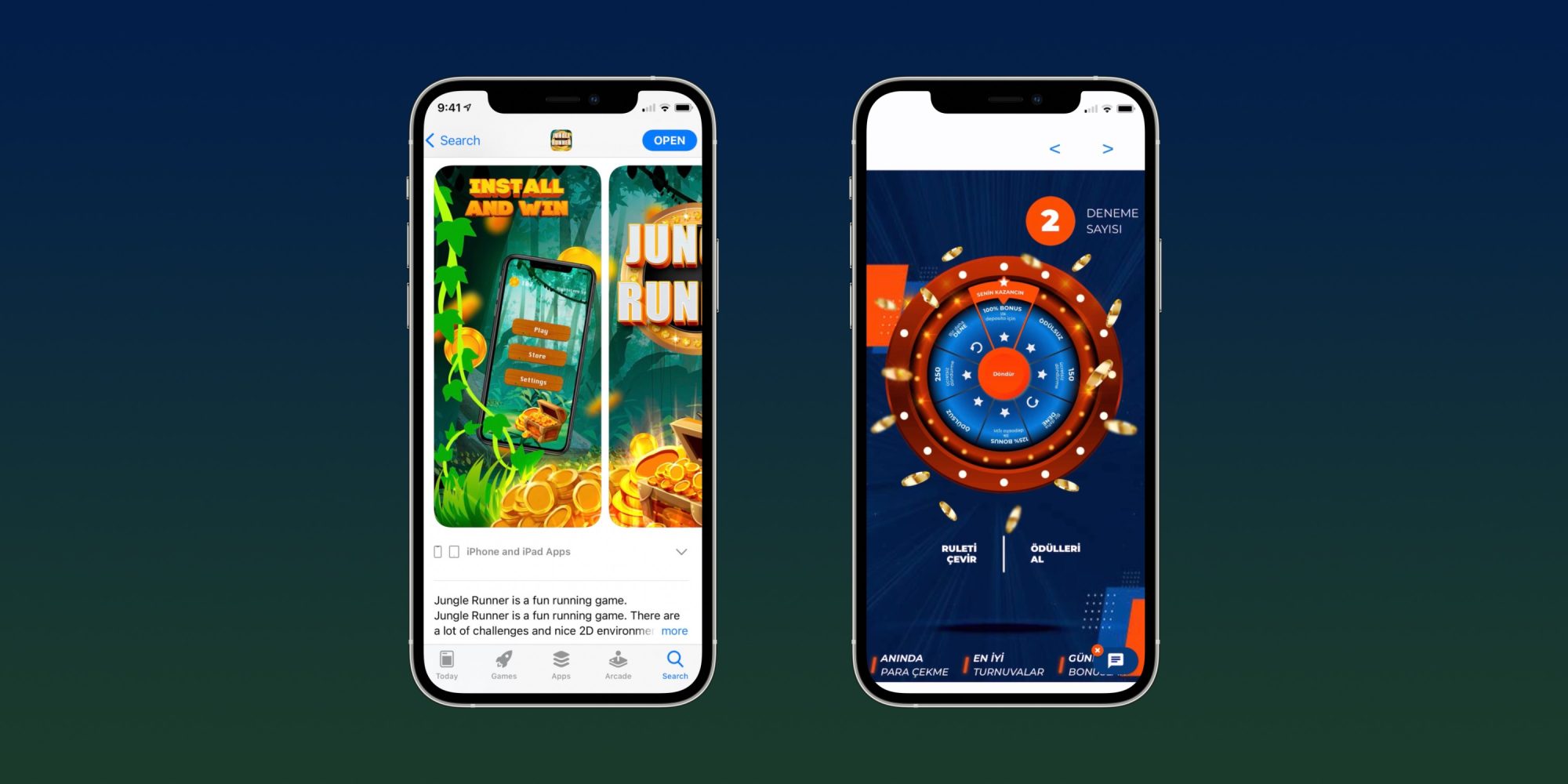
If you look at the situation from the perspective of Epic Games:
- The App Store is anti-competitive because it has a monopoly on iOS
- On iOS, there is no other way to distribute content than through Apple
- 30% fees are too high
If you look at the situation from Apple's point of view:
- We care about security, privacy and reliability
- App Store content approval ensures its quality
- The 30% rate drops to 15% after the first year unless the developer in the Small Business Program makes over a million dollars per year (it automatically drops to 15% after the first year for subscriptions)

Epic Games lawyers called the App Store a "walled garden" in their opening statement. However, they stated that, for example, competition in the form of the Android platform allows the installation of content from distributions other than Google Play. What does it mean? That you install the appropriate title on your smartphone directly from the developer's website. But it has its risks, because the installation file can contain malicious code (which also happened with Fortnite). The advantage is that if you buy some bonus content through the store present in the title, all the money goes to the developer. Prices here are also usually cheaper by the commission of the distribution channel (typically by 30%).
Apple attorney Karen Dunn said: "Epic wants us to be androids, but we don't want to be." She also added that even its users don't want to turn iOS into Android. Not only the App Store, but the entire iOS platform has been closed since its inception. Epic is also fighting against this now to prove that this is Apple's intention not only in terms of building a monopoly, but also locking the user into its ecosystem without the possibility of easy exit. Emails from current and former Apple executives such as Steve Jobs, Phil Schiller, Craig Federighi, Eddy Cue, and Scott Forstall were presented in an attempt to prove this claim.
It could be interest you
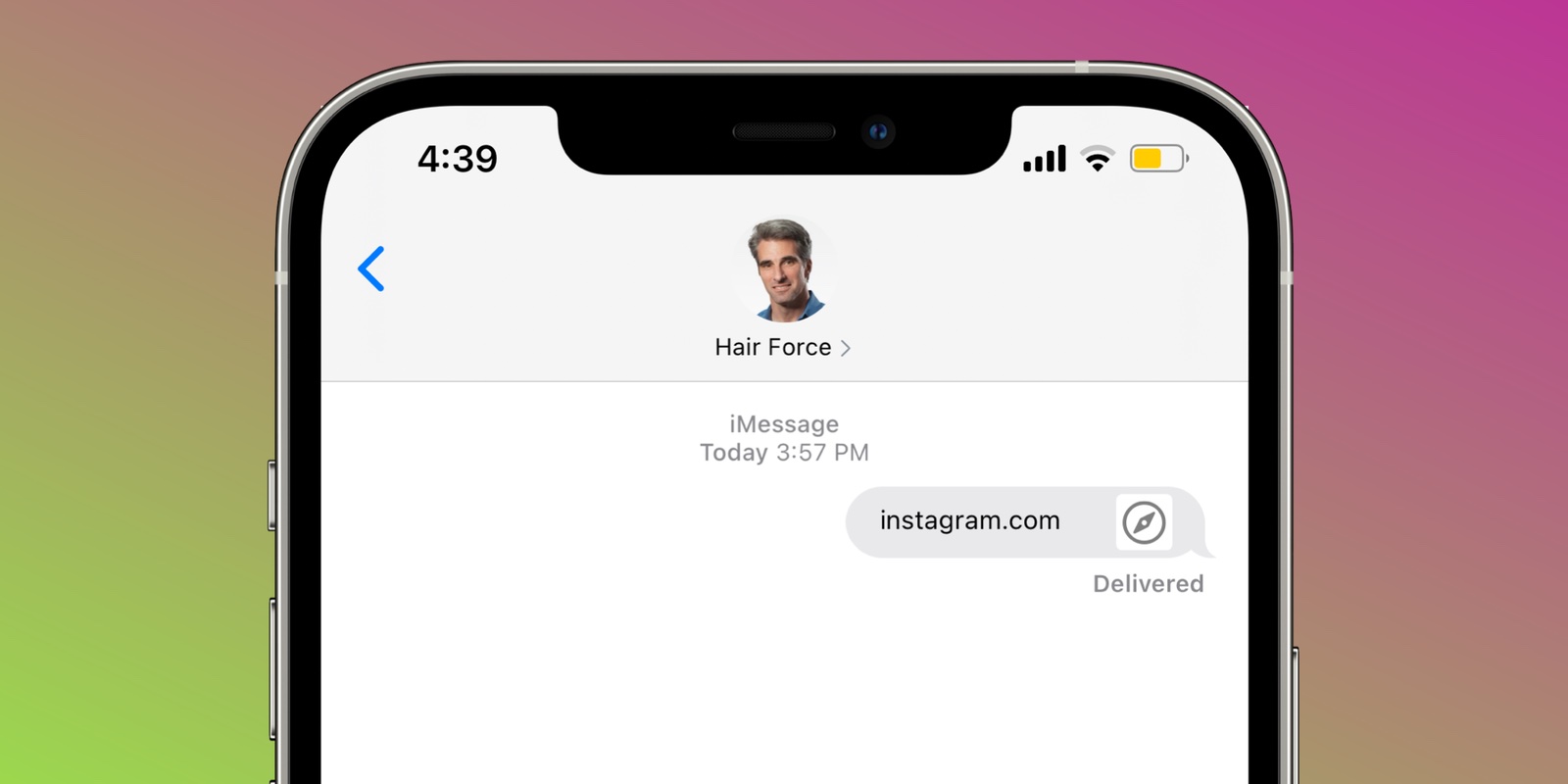
Phill Schiller fought for a reduction already in 2011
Except for one of them, it is based on Phil Schiller asking Apple's head of services, Eddy Cuo, already in 2011: "Do we think our 70/30 split will last forever?" It was at that time that Schiller was already fighting for a 30% rate reduction. According to the agency Bloomberg suggested that Apple could change the amount of fees after the App Store will reach $1 billion in profit annually. He proposed a reduction to 25 or 20%. As we now know, he didn't succeed, but he mentioned back then that 30% certainly wouldn't stay forever.
It could be interest you
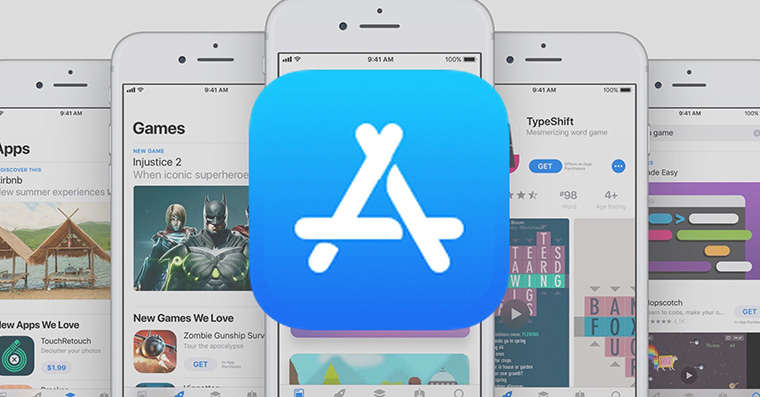
"I know it's controversial, I'm just addressing it as another way of looking at the sheer size of the business, what we want to achieve and how to stay competitive," Schiller said at the time. The trial is just at the starting line. In addition, according to many analysts, everything plays into Apple's hands. However, if the situation were to change and the court ultimately lost, it could mean ordering the admission of additional distribution channels to the platform, perhaps similar to what is currently the case with Android.
 Adam Kos
Adam Kos 




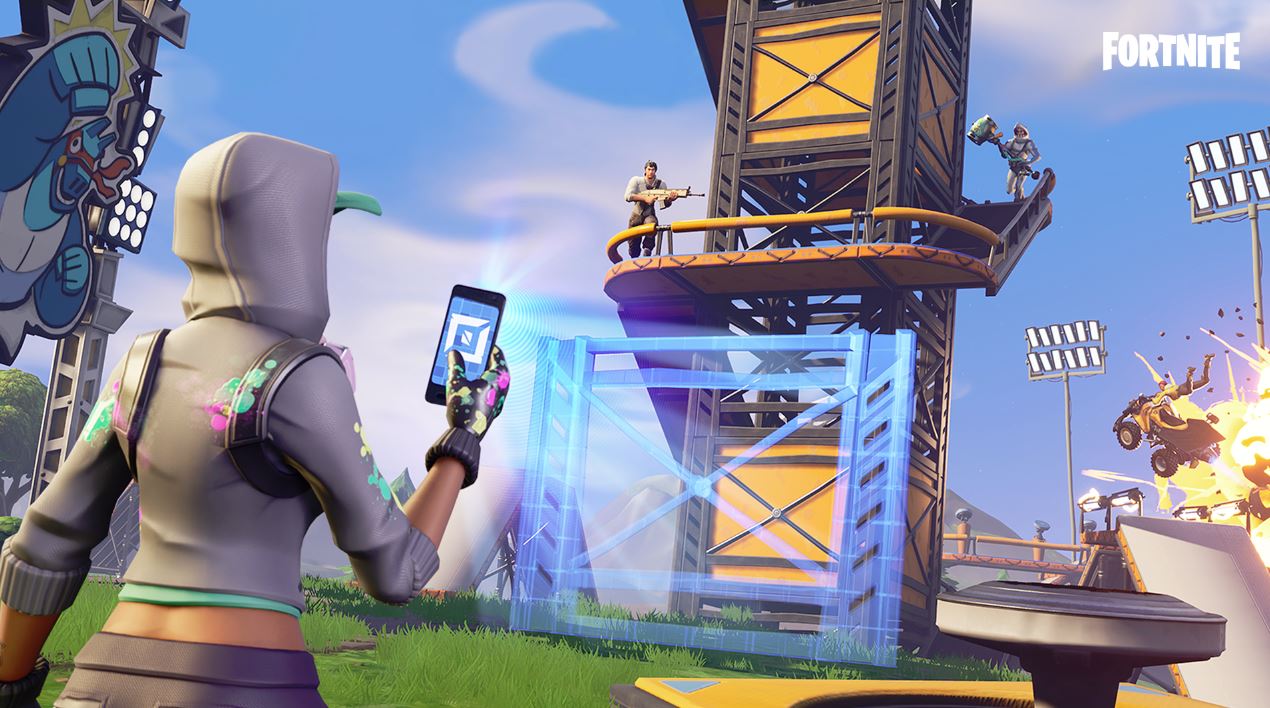

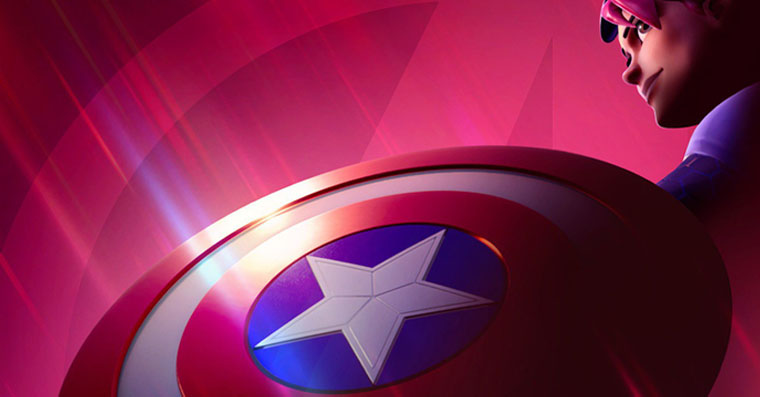
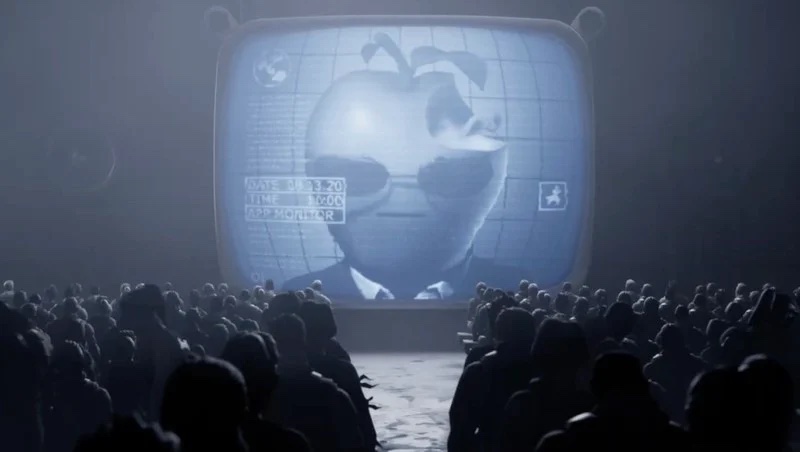

 Flying around the world with Apple
Flying around the world with Apple